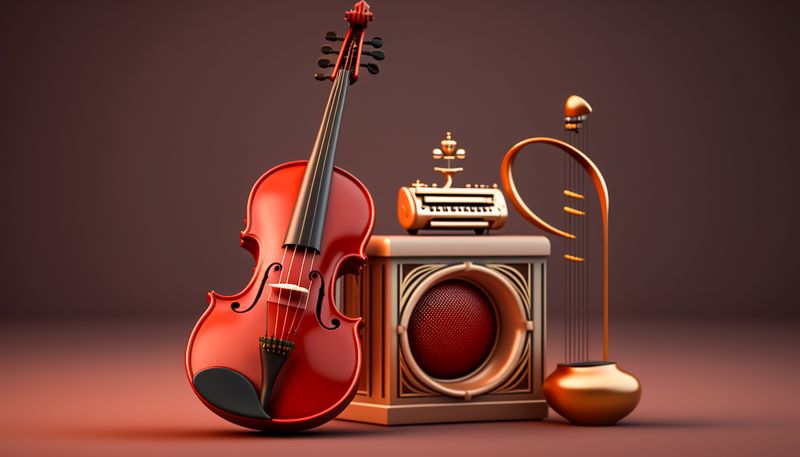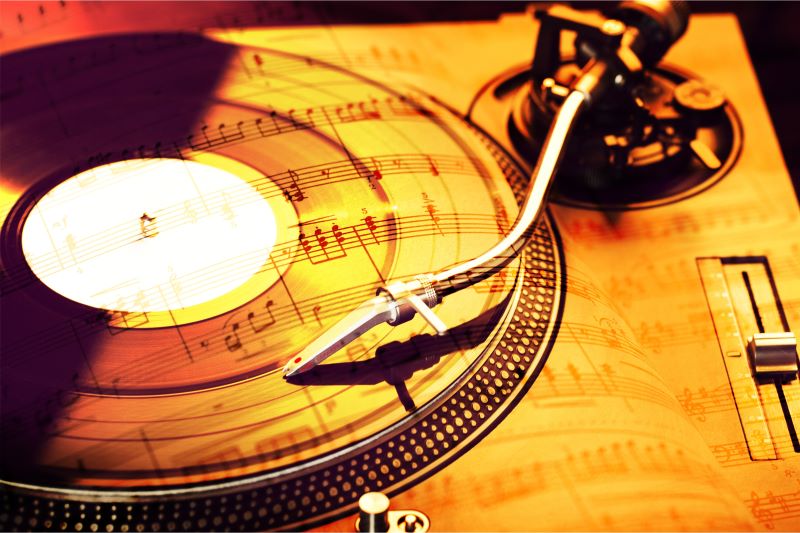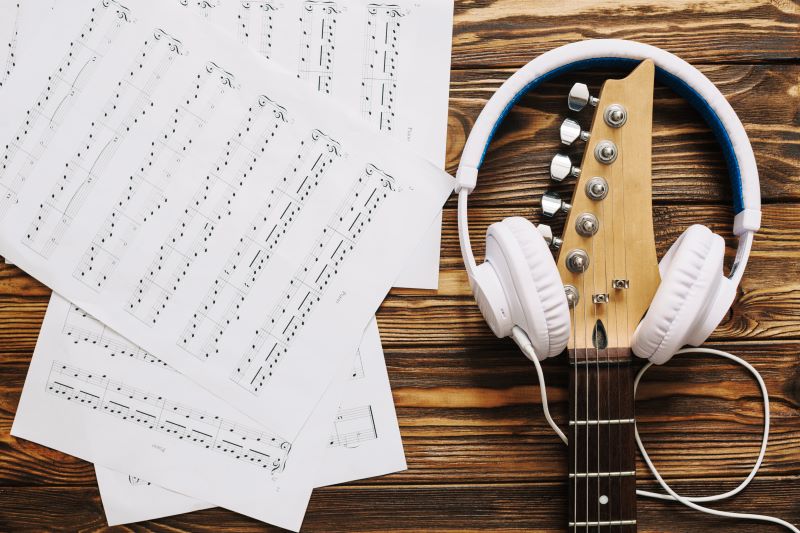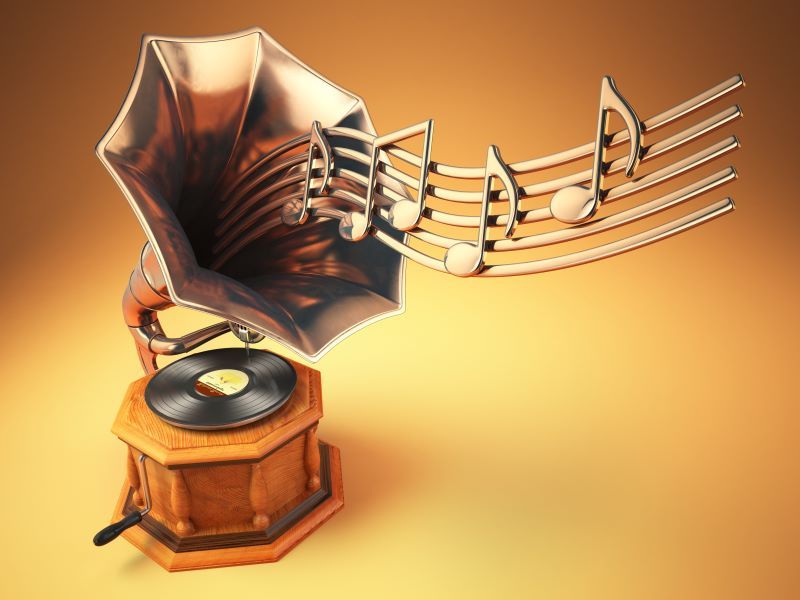Why The Music Royalties Industry Needs Data
Millions of songwriters and copyright holders haven’t received appropriate music royalty payments just in the last ten years. This equates to millions, or even billions, in unpaid global music royalties for artists and a whole host of people who play a part in producing a song.
Table of Contents
With the ever-increasing popularity of social media, unpaid music royalties are only compounding. Copyright infringements take place abundantly on social media platforms like TikTok that play music over advertisements. The same applies to video-sharing platforms like YouTube or Vimeo, where smaller businesses and independent contractors add music to their visuals and even web domains like websites that play background music.
At times, the internet may seem too big for the artists and producers to be able to solve the problem with music royalties. But one specific approach may change everything — web scraping.
In this article, learn about the different music royalties, who relies on them, and how data can help solve the infringements.
Types of Music Royalties

It can be hard to understand the music royalties meaning, as a music team can file for various royalties when a song plays. To help understand music royalties, here is a breakdown of the different types:
- Streaming royalties. The Master Rights owner of the song receives the payment for the fees accumulated every time a master recording streams on Spotify, Apple Music, YouTube, and more.
- Digital performance royalties. As the name implies, master owners earn these music royalties from digital platforms, including digital internet radio, satellite radio stations, and cable radio.
- Sync licensing fees. These fees apply when your music plays combined with another content type, such as video content for ads, TV shows, movies, video games, and audio-only sync. For example, if a movie scene uses your song, you get sync licensing fees for that song when the movie makes money.
- Public performance royalties. Artists receive public performance royalties whenever a commercial setting, like a streaming service or conventional public broadcaster (clubs, radio, or TV channel), plays their song.
- Neighboring rights (and royalties). Neighboring rights are similar to public performance royalties, except they pay out to the copyright holders of the sound recording.
- Mechanical royalties. Every time someone reproduces your copyrighted song, physically or digitally, they generate mechanical royalties. For instance, you would get these royalties whenever your music comes out in one of the following formats: vinyl, CD, cassette, digital downloads, and digital service providers (like Spotify).
What does royalty-free music mean?
There is another category for music that doesn’t receive royalties. Royalty-free music refers to the music the copyright holders sell to a licensing company, which charges a one-time fee to let people use the music without paying royalties.
Who Relies on Music Royalties?

Alongside the artist who performs a song, many more people rely on the income of music royalties.
Songwriters
A songwriter is anyone who contributed the lyrics, beat, production, or melody — or even someone who made a creative remix. That’s why the percentage they earn on the music royalties depends on how much a songwriter contributed to the song.
Songwriters usually receive:
- A percentage of the performance royalties
- Neighboring rights royalties
- Up to 50% of the artist performer royalties if they’re also performing
- Digital performance royalties
- Sync licensing fees
- Mechanical royalties
Publishers
The music publisher is responsible for managing and monetizing the rights to music compositions. They are the intermediary between a songwriter and the music industry, aiding in song promotion, licensing, administration, royalty collection, and paying out a percentage of royalties in advance.
In exchange, music publishers usually take a cut of the performance royalties (often called the publisher’s share) and negotiate a percentage of sync fees or royalties that the songwriter receives.
Publishing administrator
Publishing administrators help self-published songwriters or publishing companies collect royalties, manage catalogs, and make payments to the artist roster. In exchange, they take a percentage of the publisher’s share of the performance royalty.
Music performers
These are the people performing the music live. In America, songwriters and music performers are typically the only ones who receive performing royalties. However, this has been changing with newer record deals, called 360 deals, which take a percentage from any venture the artist uses their name brand for, including live shows and merch.
Producers
The music producer makes the beats for artists who only do vocals. Some producers take a flat fee through a Work for Hire Agreement or an advance from a record label for their work, though others receive payment through a music royalty known as producer points. These are a share of the revenue the music generates from commercial use, which the producer generally negotiates when working with an established record label.
Record labels
The label covers the cost of studio time and production for the song in exchange for a percentage of music royalties according to the deal the artist signs with them.
Artist managers
An artist manager guides one artist’s business decisions and participates in the creative process, like helping select a producer. They typically take a cut from an artist’s earnings, as well as a percentage of royalties from music the artist put out before they started working together.
How are Royalties Collected in the Music Industry?

To collect royalties, companies track music plays across the internet on different channels. When they match their music’s metadata — an additional set of data that publishers or labels attribute to a song for searchability — with music the channel has played, they can claim the royalties on it with the appropriate body.
The metadata also provides archive placement and a digital catalog. If you’ve ever looked for more information on your music file, you may have seen the common metadata elements:
- Song title
- Artist name
- Record label
- Publisher/producer
- Bitmap image file (BMP)
- Genre
Tracking metadata lets music applications, radio stations, and film editors identify how many times someone played a track and how much is due to the rights owners.
Why Is Statistical Data Important to Protect Royalty Infringements?
Because music royalties are so complex, the metadata must be highly accurate to ensure rights holders receive payouts on royalties from hundreds of thousands of plays. But although metadata is the common method of collecting data in music, it’s not airtight. There are several issues with tracking this information accurately:
- No widely accepted standards for metadata
- Lack of information online
- Personal preference influencing genres
- Multiple artists, albums, and songs sharing similar names
- Commercial establishments tracking streams inaccurately
Music Creators North America noted, in an open letter to US Congress, that over $700 million has gotten lost in unmatched or unclaimed royalties — cases where the Music Licensing Collective was unable to match the metadata with an artist so it couldn’t pay out the royalties.
One of the best ways for the music industry to solve metadata omission and unauthorized use is with web scraping. Artists, agencies, and music brands can track where their music is being played in real time by scraping the internet regularly. For instance, a party who owns the rights to a song and believes someone used it without authorization can scan and collect metadata on YouTube or TikTok to confirm their suspicions and claim their music royalties.
How Can Web Scraping Help Gather Music Data?

Web scraping is a method of using a program to extract public data from websites, saving hours on manually trying to collect this information. The general process scrapers follow is:
- Download the HTML content of a page
- Parse the HTML
- Apply the extraction logic to collect the desired information
- Repeat the process on other pages
- Export the collected data in a readable format
Programmers can set the web scraping process using features on a website to mark where the web scraping program should gather information. But for the layperson, scraping APIs (Application Programming Interface) is an easier way to run this process. APIs are tools that run a program automatically once you tell them the endpoints to look at — in this case, websites that stream music.
Once you tell the scraper which websites to look at, the scraper performs metadata discovery, a process where it collects relevant metadata from the target websites. For instance, this data could include:
- A YouTube channel’s name and user ID
- The number of followers a social account has
- The number of clips on a site
- Any other relevant granular data
The process aggregates raw data a data quality analyst can look at to standardize it so it’s easy to aggregate how many plays your music has gotten across channels. There are three levels to analyze, each dependent on the next:
- Viewing the tag data of the music files
- Scanning the tag data into a library
- Scraping extra data for artists and albums from external sources or local NFO files — fan art, biographies, ratings, etc.
Using this information, data science and music experts can map and identify potential infringement sources. They can cross-reference the content with mp3 track samples they are trying to enforce music royalty rights on and take further action, like claiming their appropriate royalties.
Use Data to Protect Your Intellectual Property

Web scraping can help you track down unauthorized use of your copyrighted music to start receiving all the music royalties you rightly deserve. If you’re new to web scraping, worry not. Scraping Robot specializes in web scraping and uses automation to help you gather and organize large amounts of data accurately and efficiently.
With the Scraping Robot API, you can scrape the web for your music and data hassle-free, avoiding common challenges that scrapers face, like managing servers, scaling browsers, and solving CAPTCHAs. Scraping Robot also provides custom modules, so you can extract metadata from sites with formatting that doesn’t quite fit our pre-built modules.
Sign up now to start recovering money you have been missing out on.
The information contained within this article, including information posted by official staff, guest-submitted material, message board postings, or other third-party material is presented solely for the purposes of education and furtherance of the knowledge of the reader. All trademarks used in this publication are hereby acknowledged as the property of their respective owners.
